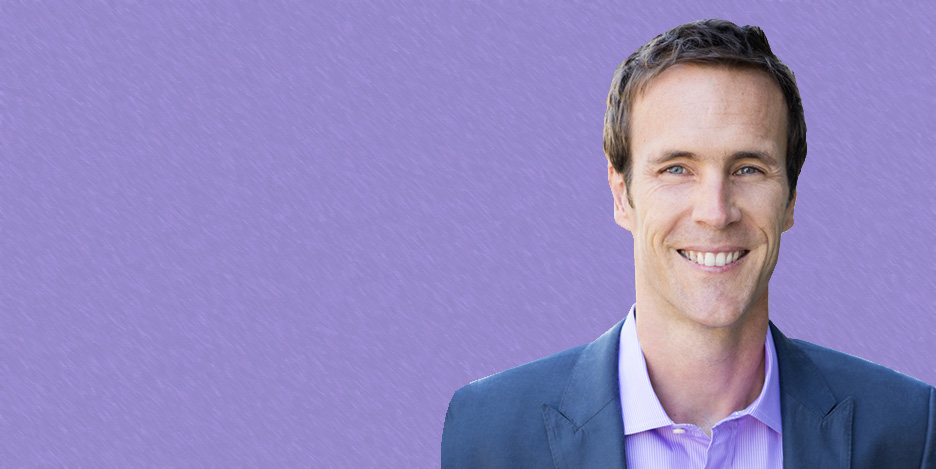Tali Sharot is a professor of cognitive neuroscience and a leading expert on the neural basis of emotion, decision making and optimism. She has been featured in numerous media outlets, including The New York Times, Time magazine, The Washington Post, CNN, BBC, and more. Her TED talk on the optimism bias was viewed over 2 million times.
Her latest book, The Influential Mind: What the Brain Reveals About Our Power to Change Others, tackles the neuroscience behind influence — what we so often get wrong about it, how we can learn to influence others, and how to understand when we are being influenced.
In the interview, Tali and I discuss:
- How our brains are wired to look on the bright side, and why that tendency can both help and hurt us.
- Why stress can diminish our bias toward optimism
- How we can remain optimistic in the face of failure or fear of failure
- Why a failure in Tali’s own life ended up giving her the idea for her research on the optimism bias
- Why facts and data don’t tend to change minds once we form a belief.
- When hope can be a better influencer than fear — and the other way around.
- How Tali would advise the Democratic party leading up to the 2020 presidential elections.




